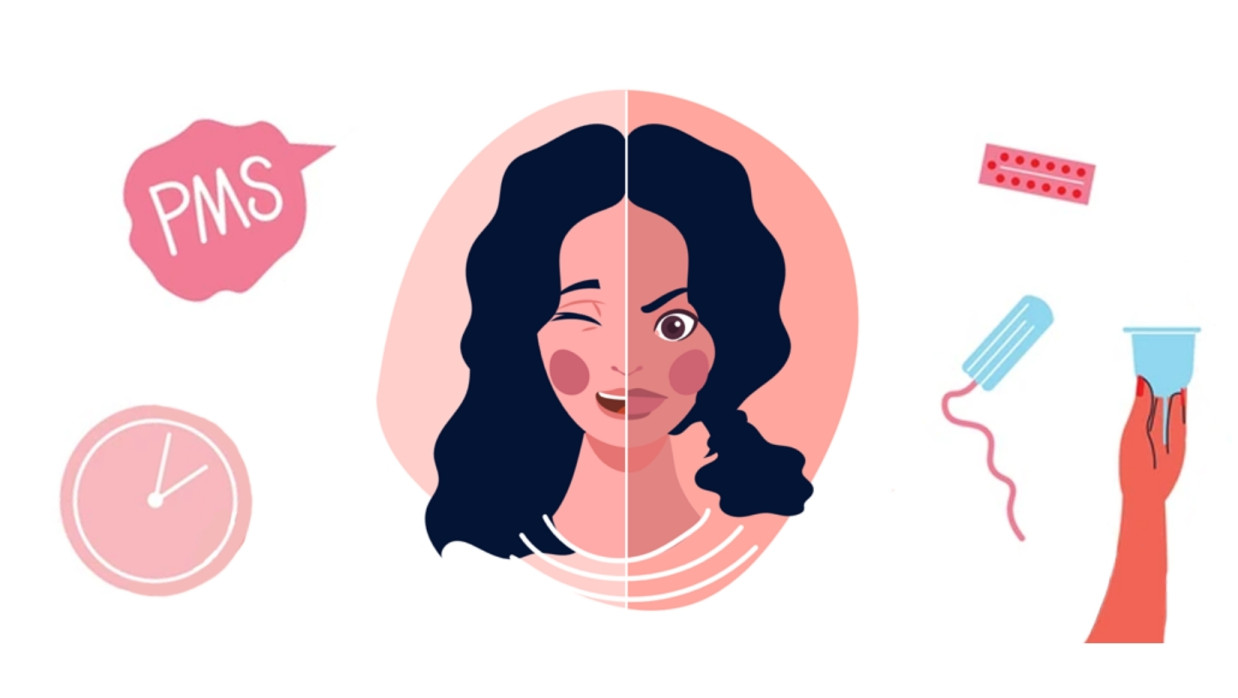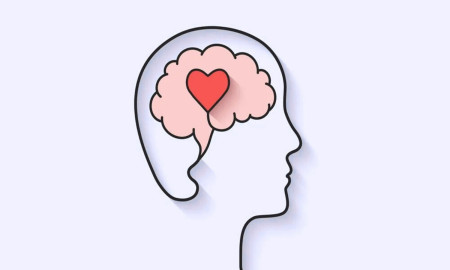Sudden Anger, Tears, or Sadness: Is PMS to Blame?

Many women experience abrupt mood changes, commonly known as mood swings, which can intensify in the days leading up to their menstrual period. For instance, someone might be cheerfully chatting one moment and suddenly fall silent, only to return to normal shortly after. During this pre-menstrual phase, feelings of discomfort, irritability, anger, or intense emotional stress are common. These symptoms are collectively referred to as Premenstrual Syndrome (PMS), often described by those affected as an emotional “roller coaster.”
Experts attribute mood swings primarily to hormonal fluctuations in women’s bodies. During different phases of the menstrual cycle, levels of estrogen and progesterone fluctuate, impacting mood and emotions. Particularly after ovulation, a rapid drop in estrogen levels can trigger stress, anxiety, or restlessness. Research indicates that serotonin, a brain chemical, may also decrease during this time, contributing to feelings of depression, despair, or anxiety. Physical changes, such as abdominal pain, headaches, discomfort, or loss of appetite, can further exacerbate mood swings.
Common signs of PMS or mood swings include sudden anger, overreacting to minor issues, persistent sadness, worrying about the past, crying over small triggers, low self-confidence, and loss of interest in work or activities. These symptoms signal that a woman may be experiencing PMS.
While there is no permanent cure for mood swings, lifestyle changes can help manage the condition. Regular exercise, such as walking or light workouts, boosts endorphin levels, improving mood. Maintaining a healthy diet is equally important, and avoiding junk food and caffeine during this time is advisable. Stress management techniques, such as meditation, ensuring quality sleep, and seeking counseling, can also help alleviate symptoms.
Mood swings are not a sign of “weakness” but a real and natural part of physical and emotional changes. Empathy, understanding, and emotional support for women experiencing PMS are crucial. Raising awareness among both men and women is essential to dispel misconceptions and foster a supportive environment, enabling solutions grounded in compassion and understanding.















